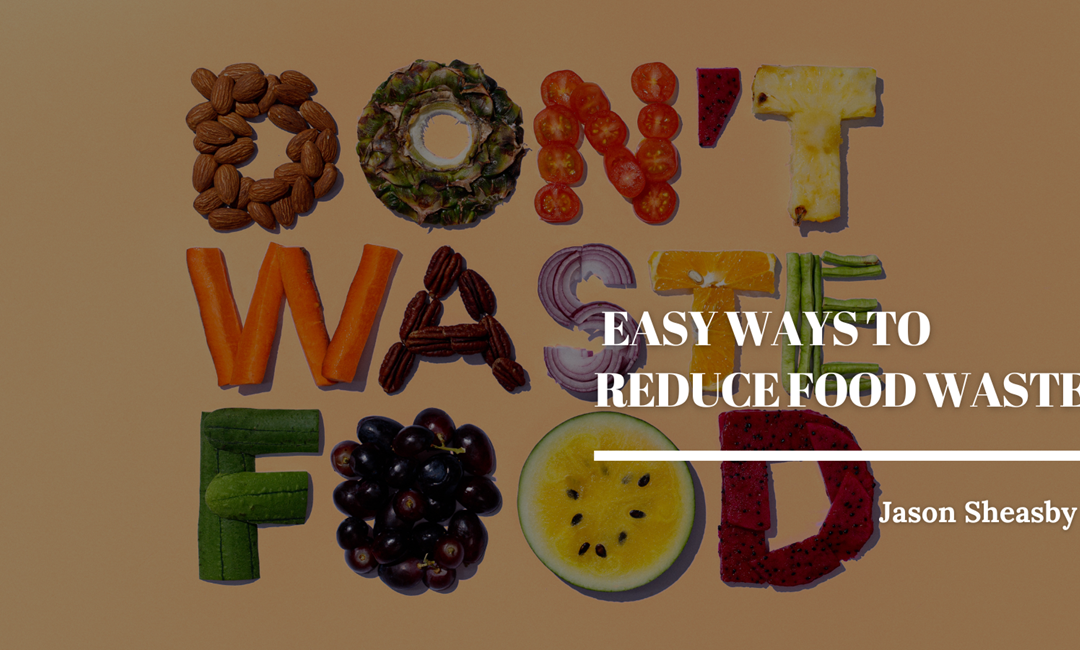In a world where millions go hungry daily, reducing food waste isn’t just about saving money—it’s about doing our part to conserve resources and combat hunger. Fortunately, there are plenty of easy and practical ways to minimize food waste in our daily lives. From mindful shopping to creative meal planning, here are some simple strategies to help you waste less and save more:
Plan Your Meals:
Start by planning your meals for the week ahead. Take inventory of ingredients you already have on hand and create a shopping list based on what you need. By planning your meals in advance, you can avoid overbuying and ensure that everything you purchase gets used.
Shop Smart:
Be mindful when grocery shopping and avoid impulse purchases. Stick to your shopping list and buy only what you need. Choose fruits and vegetables that are in season, as they tend to be fresher, more flavorful, and less expensive. Additionally, consider buying imperfect produce, which is often sold at a discount and perfectly good for eating.
Store Food Properly:
Proper storage is key to extending the shelf life of perishable foods—store fruits and vegetables in the crisper drawer of your refrigerator to keep them fresh longer. Use airtight containers or resealable bags to keep leftovers from spoiling prematurely. And remember to rotate your pantry items to ensure that older products get used before newer ones.
Embrace Leftovers:
Instead of tossing out leftovers, repurpose them into new meals. Get creative with leftovers by incorporating them into soups, salads, sandwiches, or casseroles. Leftover rice can be transformed into fried rice, while cooked vegetables can be blended into soups or added to omelets. Not only does this help reduce food waste, but it also saves you time and money on future meals.
Practice Portion Control:
Be mindful of portion sizes when serving meals to avoid overeating and generating excess food waste. Start with smaller portions and allow family members to serve themselves seconds if they’re still hungry. Consider using smaller plates and bowls to help control portion sizes and prevent food from going to waste.
Learn to Preserve:
Preserve excess produce by freezing, canning, or pickling it for later use. Freeze ripe fruits for smoothies or baking, or blanch and freeze vegetables for soups or stir-fries. Similarly, learn basic canning techniques to preserve seasonal fruits and vegetables for enjoyment throughout the year. Pickling is another great way to extend the shelf life of vegetables and add flavor to your meals.
Donate Excess Food:
If you have excess food that you can’t use, consider donating it to local food banks, shelters, or community organizations. Many organizations accept non-perishable items, fresh produce, and prepared meals to help feed those in need. Not only does this reduce food waste, but it also helps combat hunger in your community.
By incorporating these simple strategies into your daily routine, you can help reduce food waste and make a positive impact on the environment and society. Remember, every little bit helps, and together, we can work towards a more sustainable and equitable food system.

